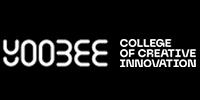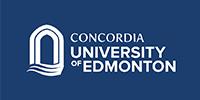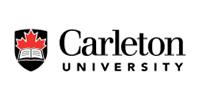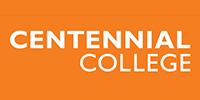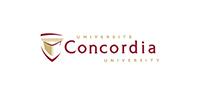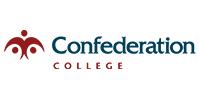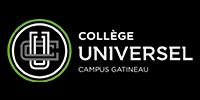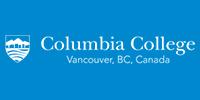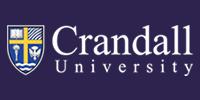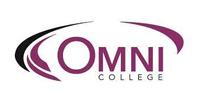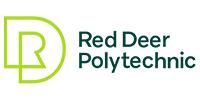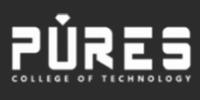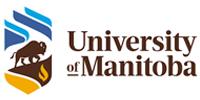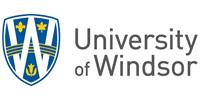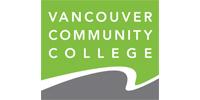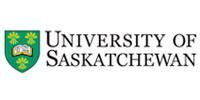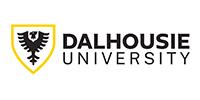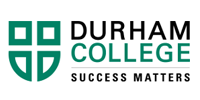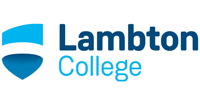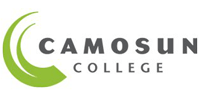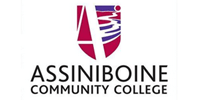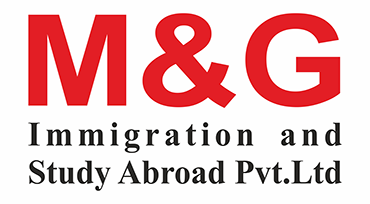Studying in Canada is a dream for many, with its world-renowned universities, diverse culture, and high-quality education system.
To turn this dream into reality, international students often find themselves navigating through various standardized tests, one of which is the Pearson Test of English (PTE).
In this blog, we will delve into the intricacies of PTE scores, offering a comprehensive guide for those aspiring to pursue their education in the Great White North and the necessary PTE Scores for Studying in Canada.
Understanding the Basics
Before diving into the details, let’s grasp the fundamentals. PTE Academic is a computer-based English language proficiency test designed to assess the language skills of non-native English speakers.
It evaluates your abilities in listening, reading, speaking, and writing through a series of tasks. Each of these skills is scored on a scale of 10 to 90, with 10-point intervals.
You can also read: Work Opportunities for International Graduates in Canada: Post-Graduation Work Permits and Beyond
The Minimum Requirement
Canadian universities have specific language proficiency requirements, and PTE scores play a crucial role in meeting these criteria. While the minimum score varies between institutions and programs, a score of 58 to 65 is generally considered acceptable.
However, top-tier universities may set higher standards, often requiring scores above 70. It’s imperative to research the specific requirements of your chosen institution to ensure your PTE score aligns with their expectations.
Breaking Down the Sections
- Listening Skills: PTE’s listening section evaluates your ability to understand spoken English in an academic context. Questions range from multiple-choice, summarizing spoken text, to highlighting incorrect words. A good grasp of accents, intonation, and context is essential for success.
- Reading Skills: This section assesses your comprehension of written English. Tasks include multiple-choice questions, reordering paragraphs, and filling in the blanks. Skimming and scanning techniques are valuable here to manage time effectively.
- Speaking Skills: The speaking section evaluates your ability to express yourself verbally. Tasks include reading aloud, repeating sentences, and responding to questions. Pronunciation, fluency, and clarity are crucial, as the test is designed to simulate real-life English-speaking situations.
- Writing Skills: The writing section examines your ability to convey ideas in a written format. Tasks include summarizing written text, writing an essay, and responding to a prompt. Focus on grammar, vocabulary, and coherent structure to excel in this section.
Scoring Strategies
To achieve a competitive PTE score, strategic preparation is key.
Consider enrolling in PTE preparation courses, practice regularly with official PTE study materials, and take mock tests to simulate exam conditions. Familiarizing yourself with the test format and time constraints will enhance your performance on exam day.
Retaking the Test
If your initial PTE score falls short of the university’s requirements, don’t be disheartened. PTE allows test-takers to retake the exam after a 5-day cooling-off period.
Utilize this time to identify your weaknesses, focus on improvement areas, and fine-tune your skills for a better outcome.
Final Thoughts
A detailed understanding of PTE scores is vital for international students aspiring to study in Canada.
Thorough preparation, strategic study plans, and a targeted approach to each section of the test can significantly enhance your chances of achieving the required score.
Remember, the PTE score is not just a number; it’s your passport to unlock the doors of Canadian education.
So, invest time and effort wisely, and you’ll find yourself one step closer to fulfilling your academic ambitions in Maple Leaf country.





